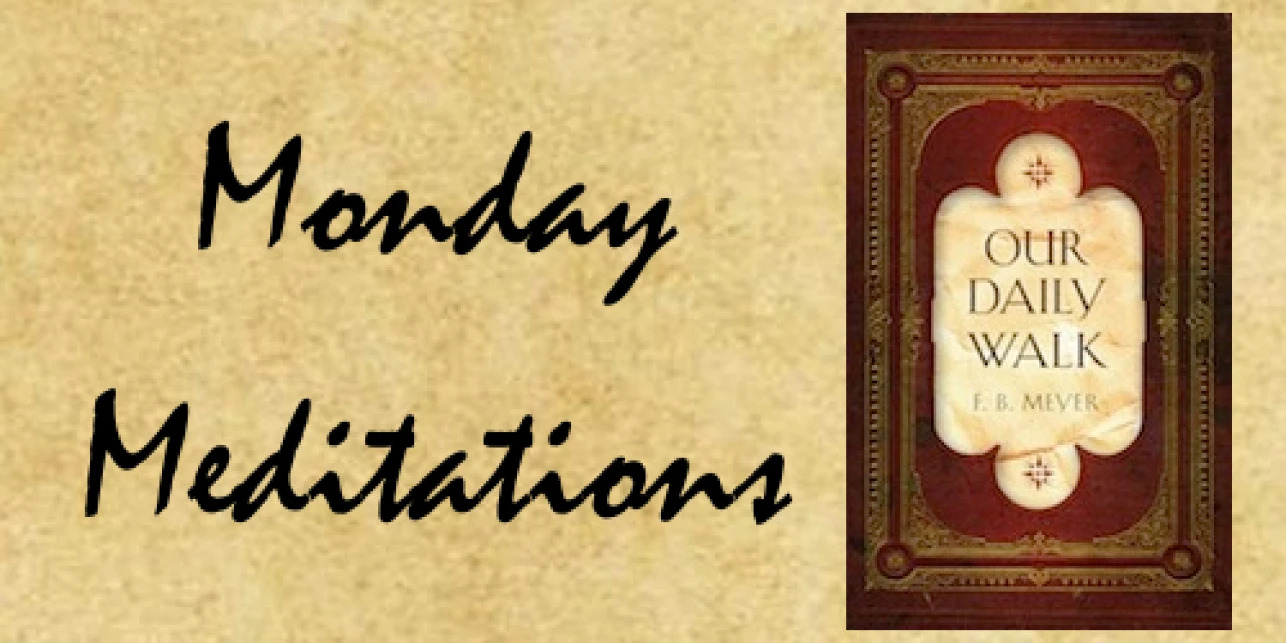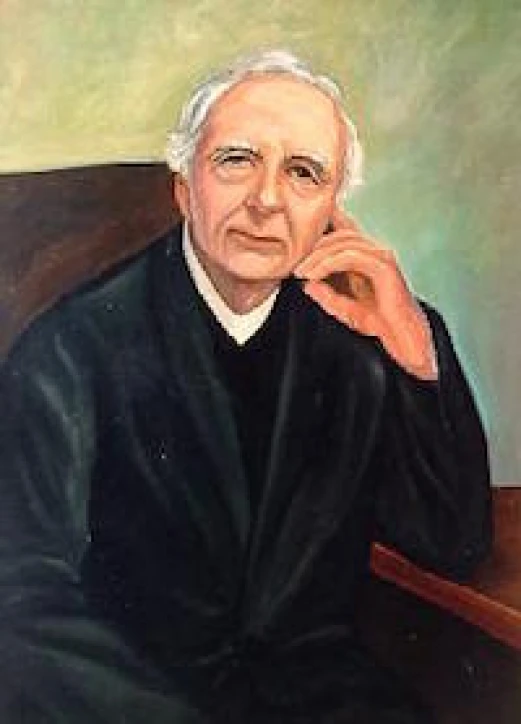Monday Meditations: The Power of Christ’s Resurrection
New Releases, Updates and More

The Power of Christ’s Resurrection ‘Like as Christ was raised up from the dead by the glory of the Father, even so we also should walk in newness of life’ (Rom. 6:4). The keynote of this inspiring paragraph is life in union with the risen Christ. Behind us lies the death of our Lord, which severed for his people their fellowship with the world. As the voice of praise or blame cannot reach the dead, but are arrested at the fast-closed ears, so it is intended that the murmur of the world should not affect us, but that we should be set only on the will of God. It is not wise, however, to dwell always on the negations of the Christian life. It is true that they are always present, but to dwell on them is to miss the power by which self-sacrifice and self-denial become easy. Do not live on the dying but on the risen side of the Saviour’s work. Behold him as he goes forth upon his upward way to the throne of glory. Seek to experience union with him in the likeness of his resurrection (Phil. 3:10). There ought to be a finality in our experience. It is good for us to recognize the break with our past life. It must be clearly defined; we must have done with it for ever. It is possible that we may be tempted, and come temporarily beneath the dominion of old sins; but in principle, like the Israelites, we have passed from Egypt, never to return to it, and the Red Sea of Christ’s redemption severs us from our former condition. We do not reckon ourselves to be dead to sin in the sense that our nature is henceforth incapable of sinning. If we think thus, we shall soon be disillusioned, and find that tendencies and strivings are within us which prove the contrary. But we must reckon that we have died to sin, and whenever temptation comes, that it has no claim upon us. Nelson turned his blind eye to the signal to retreat from action, and we are to turn blind eyes and deaf ears to the tempter. The apostle says that we are to present our members as instruments of righteousness to God. Do not look at the tempter, but at Christ; yield the eyes, ears, heart and mind to him, that he may make the best possible use of them; and that which becomes the habitual practice of the outward life will inevitably affect the soul and spirit. Prayer: Constrained by thy love, O Lord, we would here present ourselves, spirit, soul and body, not to live unto ourselves, but unto thee who didst die and rise again. Amen. *Excerpted from Our Daily Walk: Daily Readings by F. B. Meyer (Christian Heritage, 2010).

F. B. Meyer
About F. B. Meyer:
On F. B. Meyer’s death in 1929 The Daily Telegraph called him ‘The Archbishop of the Free Churches’. The New York Observer noted that ‘He has an international fame and his services are constantly sought by churches over the wide and increasing empire of Christendom.’ To the secular press of his time he was a key player on the world scene. Meyer was the minister one of Britain’s first ‘megachurches’. He was friends with D. L. Moody and ministered on both sides of the Atlantic, mirroring in America what D. L. Moody was able to undertake in the U.K. He came from a conventional, middle class Victorian background and experienced no dramatic conversion. He was not a distinguished scholar or dramatic orator. His slight figure and retiring manner meant that he did not stand out in a crowd. Yet he drew crowds by the thousands, wrote books, which sold by the millions, and attracted working class people.The range of Meyer’s activities is astonishing: preacher, pastor, writer, social activist, free church leader, Baptist president, advocate for missionary work and more. In his last years, he declared, ‘If I had a hundred lives, they should be at Christ’s disposal.’ At times, it seemed as though he was living a hundred lives!
Where to Buy:
Our Daily Walk: Daily Readings by F. B. Meyer is available at any good Christian bookstore. If you don’t have a Christian bookstore near you, you may want to consider purchasing a copy from one of the online book retailers listed below:
Christian Focus Amazon Barnes & Noble ChristianBook 10ofThose Eden Koorong CLC Bookshops


